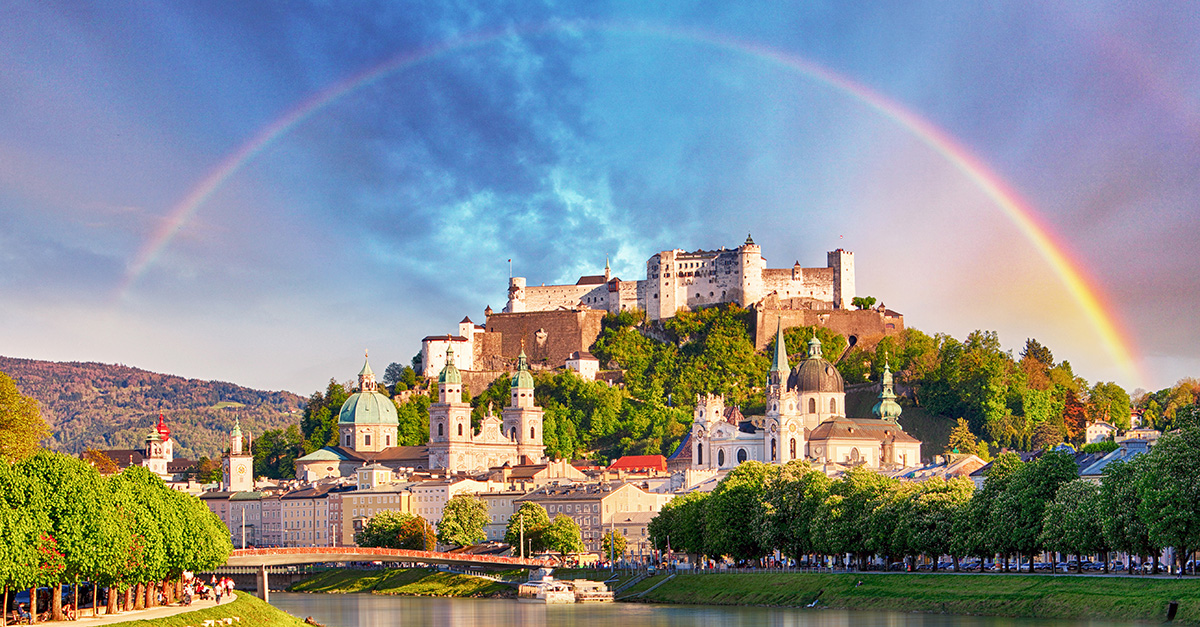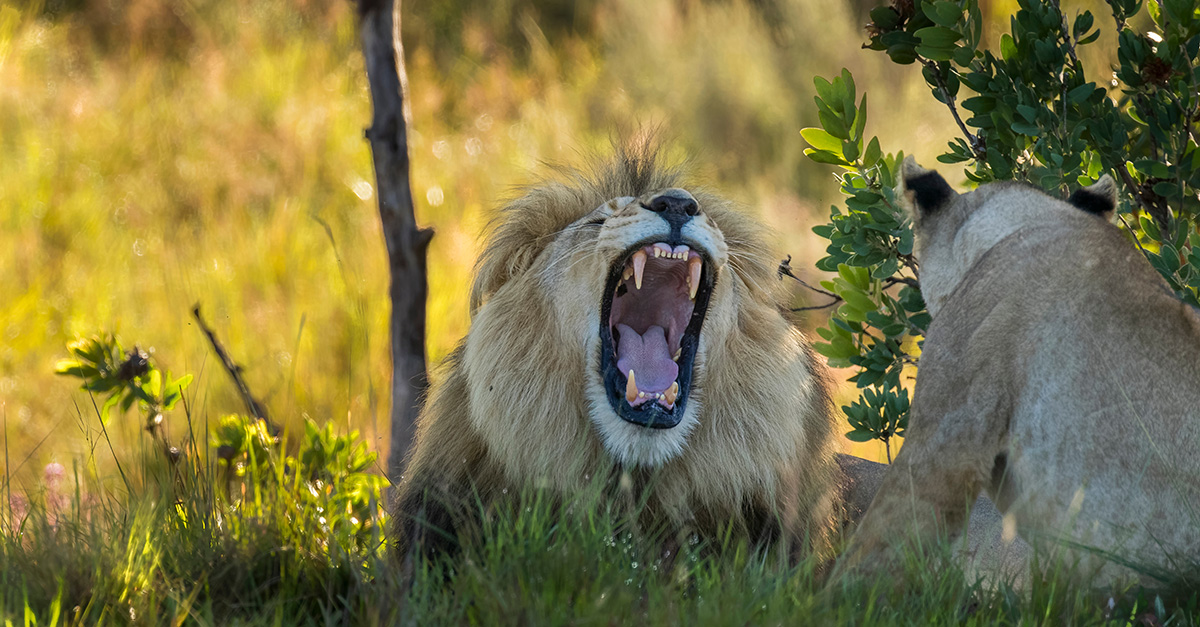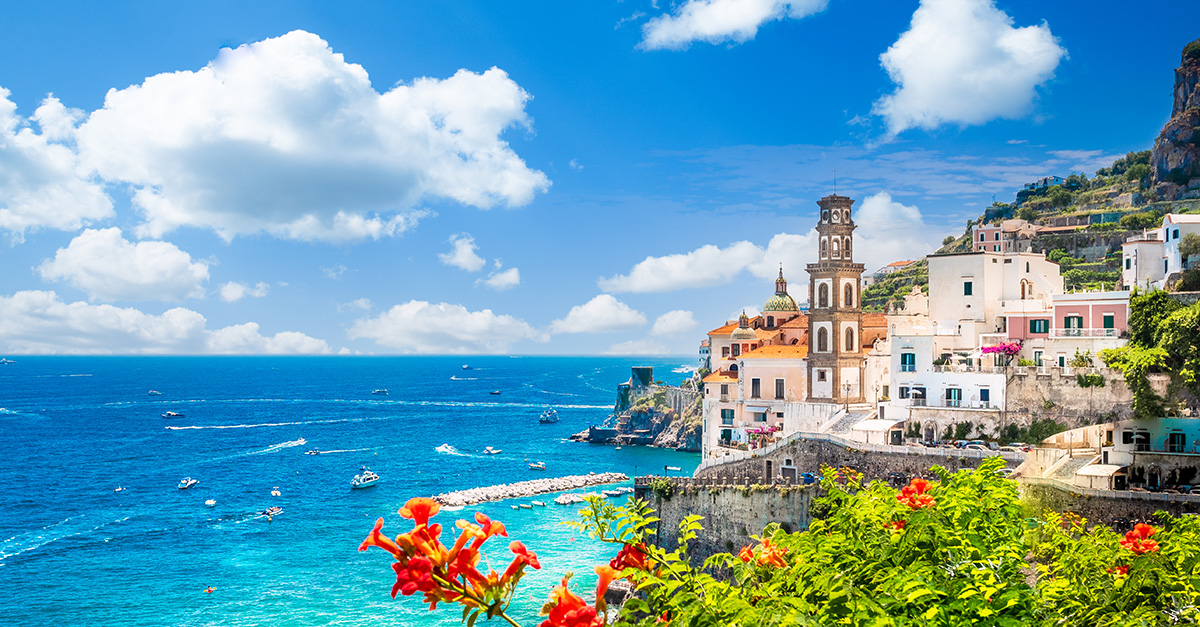Marcos Goldin of adventure cruise line AE Expeditions explains how passengers help scientists gather data through the citizen science programme. Clare Vooght reports
Click here to download and save as a PDF
Q. How did you come to work in expedition cruising?
A. My career was inspired by a lifelong passion for, and deep connection to, the outdoors. I began as a geologist and, later, a mountain guide, until I discovered expedition cruising – it’s a blend of exploration, education and environmental advocacy.
I’ve been working for AE Expeditions since 2023 as a geology and glaciology lecturer. The company focuses on immersive experiences in destinations like the remote South Sandwich Islands and the Weddell Sea.
No two voyages are the same – the only common factor is the goal to connect passengers with nature and the essence of each destination.
Travelling in small groups, with an average of 132 passengers, means we can add activities like kayaking, snorkelling, scuba diving, hiking and camping. AE Expeditions is a certified B Corp, so passengers know they are travelling with a company that puts sustainability and ethical practices at the core.
Q. Any favourite destinations?
A. I’m lucky to have visited many remote areas but two in particular stand out: South Georgia, a small subantarctic island with dramatic and diverse landscapes, untamed weather and an abundance of wildlife; and east Greenland, for its rugged mountains, glaciers and fjords. It’s home to captivating wildlife and history, and allows me as a geologist to reconstruct the incredible evolution of our planet.
No two voyages are the same. The common factor is the goal to connect passengers with nature
Q. Tell us about the citizen science programme – what kind of activities can passengers take part in?
A. We encourage everyone to participate in our programme – it’s a collective effort. We integrate measurements and observations with everyday operations, meaning guests can help us gather data, whether out on deck, on the water during Zodiac explorations and even on land.
We have citizen science activities almost every day, contributing to projects that try to answer important scientific questions about the areas we visit.
Programmes include Happywhale, which operates globally to understand and protect marine mammals through photo‑identification; Globe Clouds, which involves taking cloud observations for Nasa in the polar regions; eBird, counting seabirds at sea in the Southern Ocean and Antarctica; and The Big Microplastic Survey, which identifies and characterises microplastics.
Q. What have guests helped scientists learn through the programme?
A. Every season, there are hundreds or even thousands of contributions from travelling guests, including seabird surveys, cloud observations, whale and seal pictures (used to identify individuals and track them through time), phytoplankton sample collections and more.
Scientists involved in these projects receive a great amount of data after each season and rely on that to continue their research and understanding of these issues. We mustn’t forget that getting to these remote areas and conducting research has very high or even prohibitive costs, so citizen science is increasingly important.
Q. What is AE Expeditions doing to make its ships more sustainable?
A. We have transitioned to operating new purpose-built ships, named after environmental champions – Greg Mortimer and Sylvia Earle – with more sustainable technology.
That includes the revolutionary X-Bow, to achieve fuel efficiency and reduce overall emissions; dynamic anchoring to minimise harm to seabeds; and utilising shore-based power in port.
Our sustainability initiatives also include onboard dining – we’ve partnered with Argentine farms to source organic fruit, vegetables and dairy products, free-range chicken and eggs, Argentine grass-fed beef and more. Seafood is internationally certified and we’ve eliminated fish eggs and tuna due to overfishing concerns and the need to protect the ocean’s ecological balance.
Science at sea
I aim to educate guests about some of the processes that formed the places we visit, and how interconnected Earth’s systems are: rocks, glaciers, oceans and wildlife do not exist in isolation, but are constantly shaping each other and evolving together.





